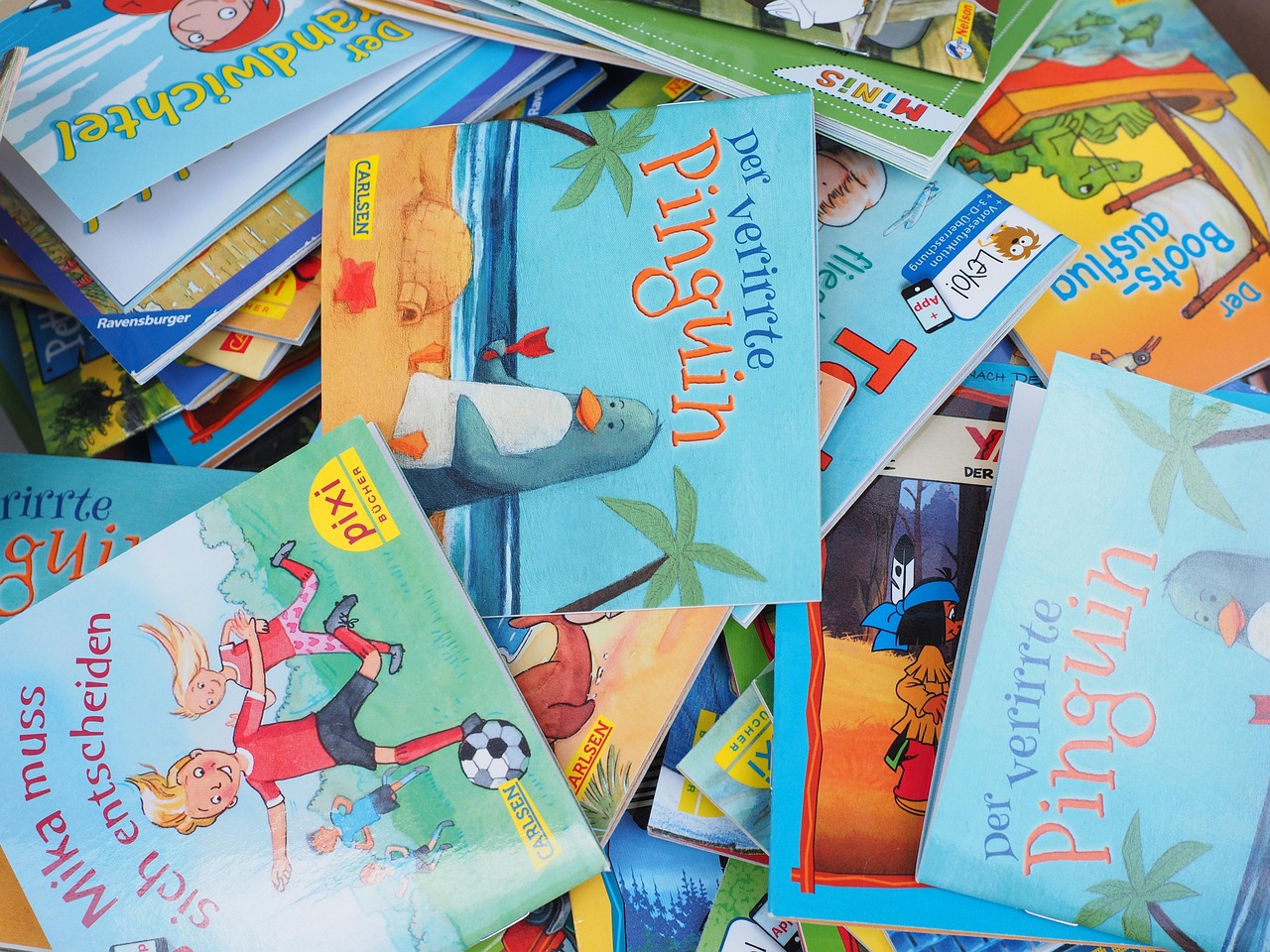Article Title:Ethics, aesthetics and decision:: Literary translating in the wars of the Yugoslav succession
Abstract:
This is a participant-interpreter study of how issues of loyalty, ethics and ideology condition the action of a literary translator. A case-study is presented of the author's socioethical dilemmas and decisions while translating Bosnian, Croatian and Serbian literature into English during the 1990s. This aims both to contribute to the socio-cultural historiography of that period and to illustrate how a literary translator might perform in settings of acute socio-cultural conflict. The case-study observations are then used to explore the nature of the literary translator as a textual and social actor. The constrained autonomy of the literary translator is seen as having several key implications. Among these are: that all translating acts have ethical and socio-political repercussions; that partiality informed by awareness of the demands of the wider social web may often be a more appropriate stance than neutrality; that the power structures within which the literary translator acts are more important than target language or translating strategy per se in determining source-culture representation, and that time/workload/ chance factors may also play a role here; and that confronting Derrida's indecidable is a defining feature of translator autonomy.
Keywords: literature; ideology; ethics; deconstruction; conflict
DOI: 10.7202/009777ar
Source:META
Welcome to correct the error, please contact email: humanisticspider@gmail.com



